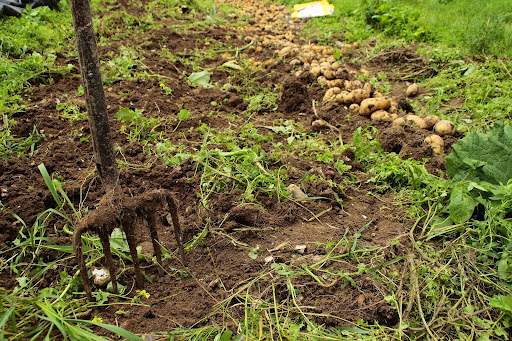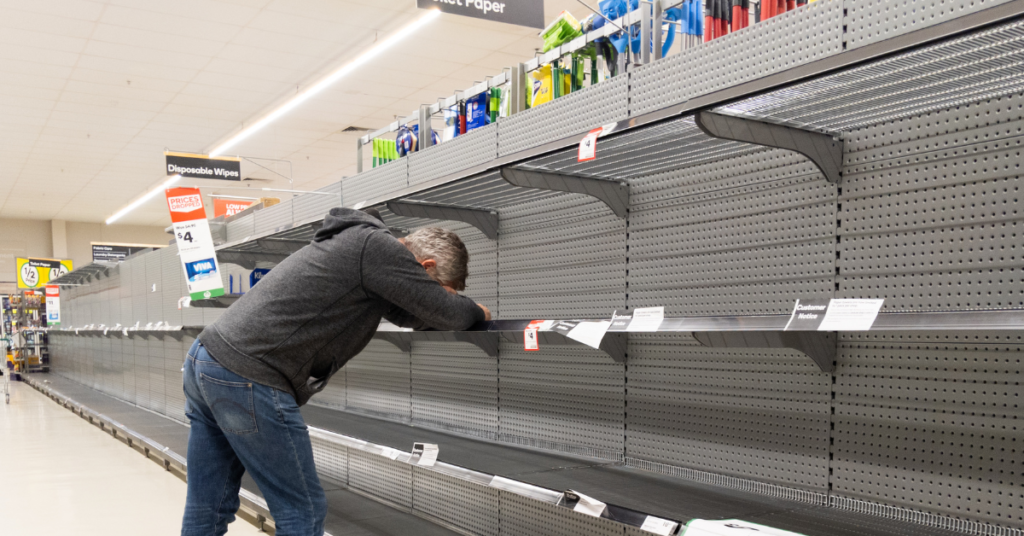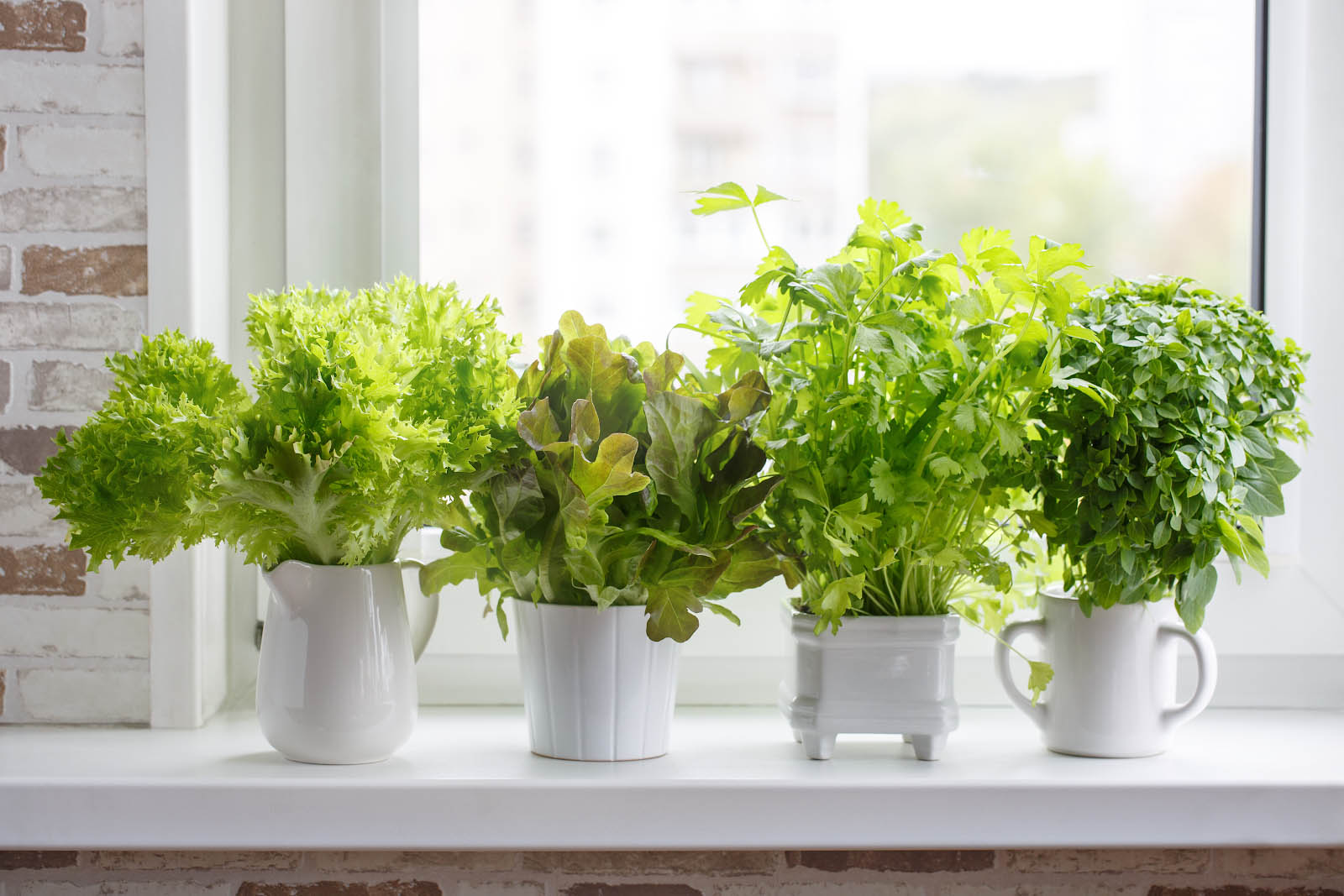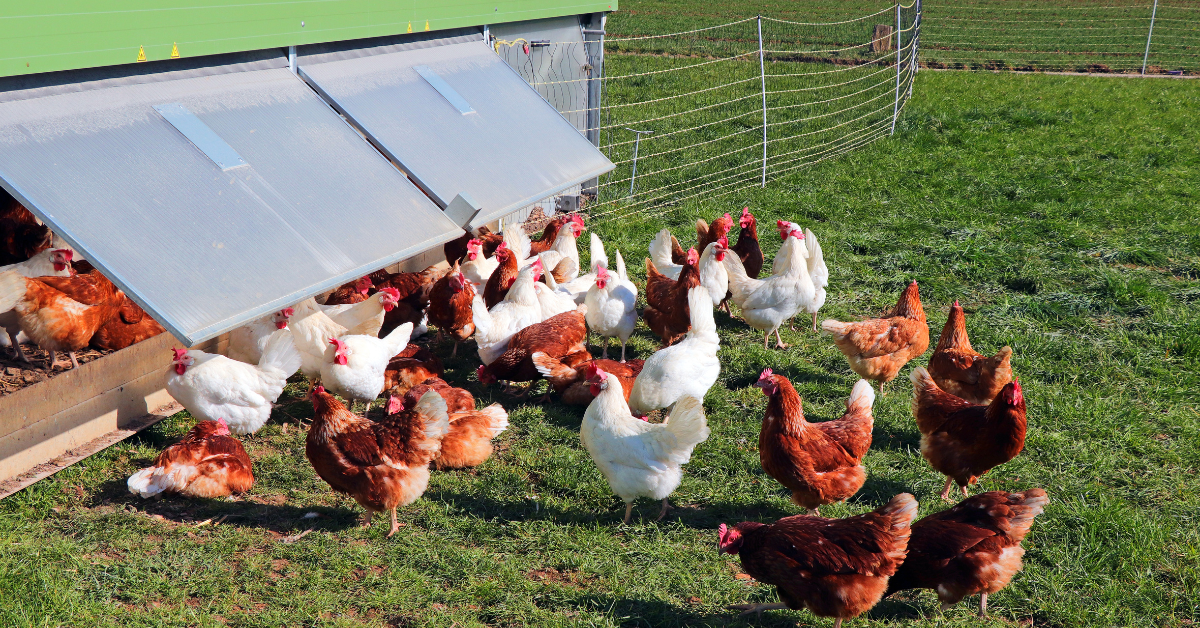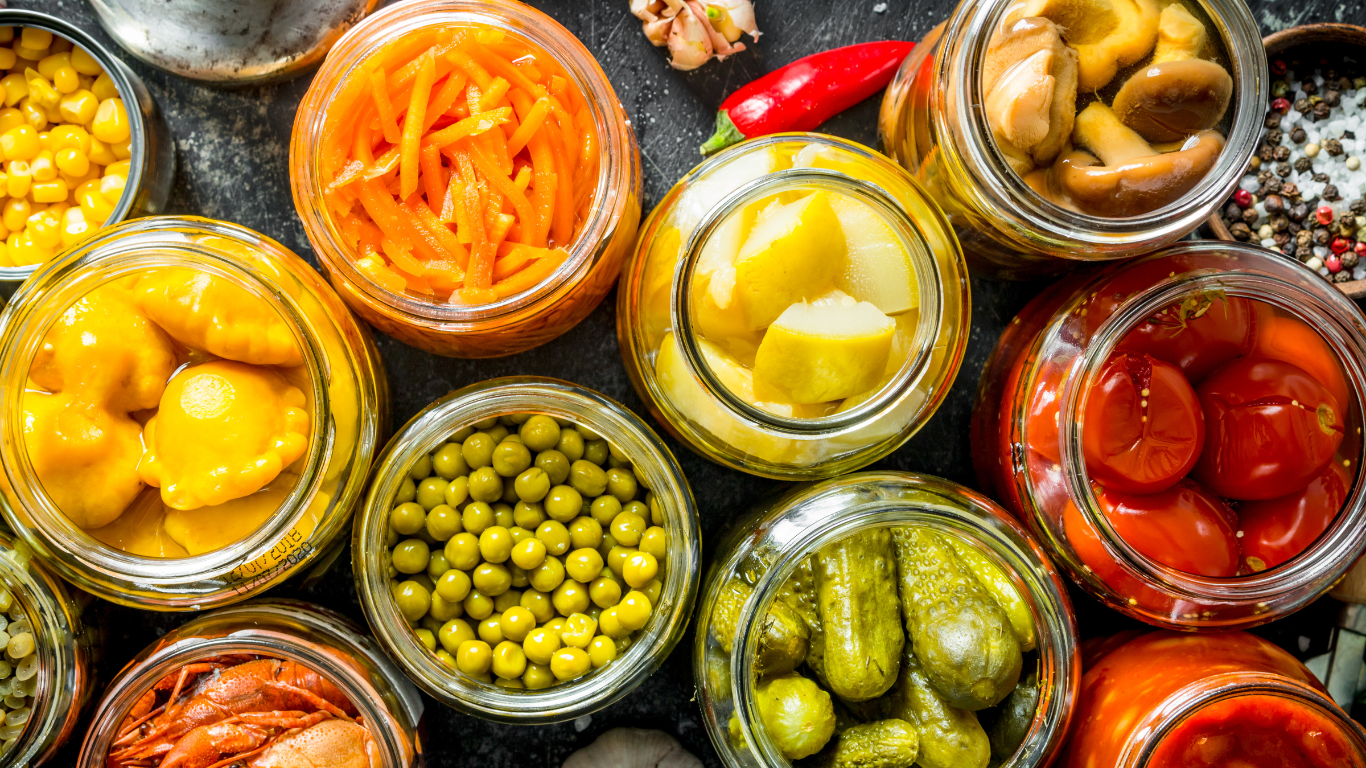345 Million People Globally at Risk of Starvation
The world faces a severe global food shortage, more deadly than any in modern history. As the effects of the pandemic, war, government regulations, population growth, and rising inflation combine with ESG policies put in place to combat climate change, more and more people are at risk of experiencing food shortages.
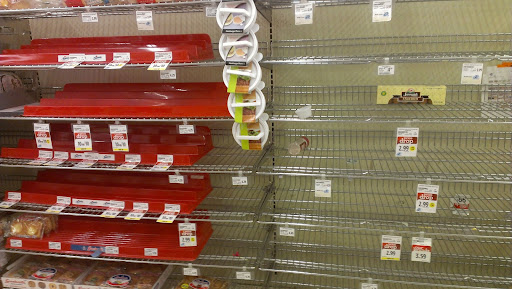
According to the WFP (World Food Program), before the pandemic, 135 million people in 53 countries were facing or at risk of acute food insecurity. Today, 345 million people in 82 countries are facing or at risk of acute food insecurity!
As the causes of the food crisis continue to unravel, the future seems increasingly uncertain.
What is Causing the Food Shortage?
A perfect storm of different factors are working together to cause the unprecedented global food shortage.
Some of the major worldwide causes? The Russia-Ukraine war, government restrictions on farming, rising prices of energy and fertilizers, and problems with livestock and food facilities.
The Russia-Ukraine War
The Russia-Ukraine military conflict has greatly contributed to the ongoing global food shortage in several ways:
- Disruption of Ukrainian wheat production
- Reduced global access to Russian crude oil and natural gas, causing energy price hikes
- Declining Russian exports of fertilizers like urea and ammonia
Russia and Ukraine, both large producers of staple foods like wheat, barley, maize, and sunflower oil, contribute to roughly 90% of the wheat for Armenia, Azerbaijan, Eritrea, Georgia, Mongolia, and Somalia. Moreover, Ukraine is a significant supplier of wheat to the World Food Programme, supplying 40% of WFP’s wheat supplies and providing food assistance to 115.5 million people in over 120 countries.
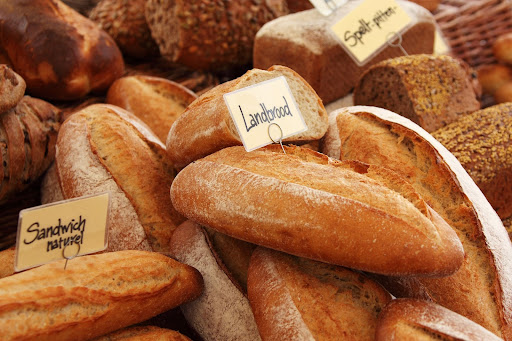
The conflict has wreaked havoc on Ukrainian agriculture, particularly in the eastern districts worst hit by fighting. According to recent estimates from the Kyiv School of Economics, about $6.6 billion worth of agricultural production has been demolished.
In addition, Russian exports of fossil fuels and fertilizers have both dropped because of the conflict. Russia is the world’s largest exporter of fertilizers used to grow crops, with the USA and Brazil being the biggest importers of Russian fertilizers like urea and ammonia. Between January and October 2022 (when the invasion first began), US imports of Russian fertilizer declined by 42% compared to the year before, contributing to the food shortage in America.
Government Restrictions on Farming Around the World
The global movement to address climate change has put significant pressure on nations to embrace climate change measures. This is accomplished in part using the ESG score. ESG helps measure and quantify the degree to which an organization or country is responsible in terms of environmental, social, and governance impacts.
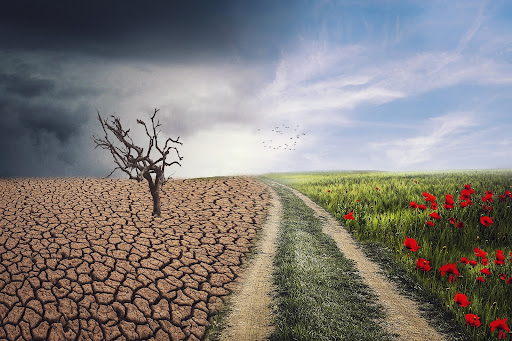
While ESG was designed to reward countries with high scores, it has also made it more difficult for countries with low scores to benefit from FDI (foreign direct investments). In fact, ESG “socially responsible” investing is something that many companies do. If a country has a low ESG score, it makes it harder for companies to invest in that country. This has resulted in a major blow to the agriculture industry in several countries:
- Netherlands: in an attempt to improve the ESG score by cutting nitrogen emissions, the Dutch government is closing down around 11,200 farms with another 17,600 farmers being forced to significantly reduce their livestock
- Nigeria: the country witnessed a strong push for ESG compliance and reporting, particularly in the oil and gas industries. Nigeria is currently suffering from an unprecedented food crisis.
- Sri Lanka: President Gotabaya Rajapaksa prohibited the usage and import of synthetic fertilizers and pesticides in April 2021. These environmental regulations substantially altered the agricultural practices of Sri Lanka’s 2 million farmers, resulting in mass shortages of food and fuel, a large-scale revolution, and the eventual collapse of the government in Sri Lanka.
Increased Energy Prices
The world is experiencing a major energy crisis in 2023. As energy prices go up, so do food prices because of the higher cost of fuel and fertilizer. The price of fertilizer has increased by 100% since the global pandemic.
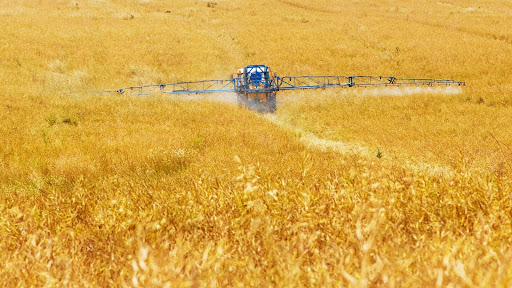
As fossil fuels become more expensive, sugar and starch-based crops are converted into biofuels for energy, resulting in food shortages.
Shocks in the energy market have also led to higher inflation and tighter monetary conditions, both of which have slowed global development in the agriculture sector. This is problematic since social unrest might be intensified by persistent food shortages and the cost of fuel, which affect the livelihood of millions of people.
Problems with Livestock
It is no secret that a major point of emphasis for the climate change agenda is to reduce the negative environmental impacts of farming livestock. According to Colorado University’s Environmental Center, almost 15% of all greenhouse gas emissions come from raising livestock for human consumption. Livestock farming also takes up almost 70% of farmland, making it the biggest cause of deforestation, biodiversity loss, and water pollution.
In the last few years, the world has witnessed several strange livestock anomalies, such as cows dying off in large numbers (2,000 dead in Kansas) and chickens not laying eggs. The latter has been allegedly linked to Purina’s poisonous commercial feed for chickens, resulting in chickens not laying eggs for many months on end. Coincidently (or not), egg prices have skyrocketed by 500% in many regions. The government and other groups have mostly blamed this on the recent bird flu epidemic, which has killed off 58 million chickens and turkeys, with some experts even going as far as suggesting mass chicken vaccinations!
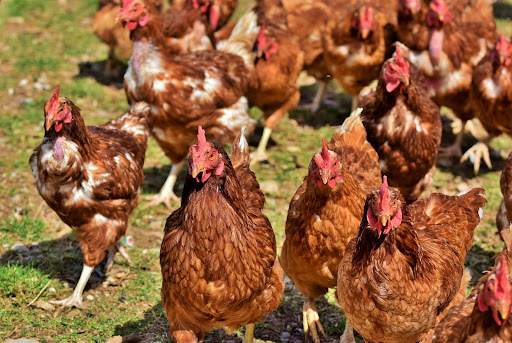
Mysterious Fires and Explosions at Food Facilities
Did you hear about the huge blast which killed about 18,000 cows in Texas, in April, 2023? That’s the deadliest fire for cattle in the United States in at least 20 years! I’m sad to say that this is not an isolated incident. Between 2018 and 2021, almost 3 million farm animals died due to fires in the United States!
But the issue seems to be escalating. Between November 2021 and June 2022, 97 fires and other unusual incidents were reported in America’s food factories, including fires at meatpacking facilities in Georgia, Illinois, and other states. This also included the deaths of millions of chickens and turkeys at dozens of farms, the crashes of two airplanes into food production facilities within a week, and more.
These events have given rise to speculation about the cause of these peculiar incidents, particularly since they happen in conjunction with other events like the bird flu and cattle deaths which contribute to food shortages. The situation was addressed multiple times by Tucker Carlson on Fox News. The presenter of the TV show questioned, “What’s going on here?” in response to the fact that it seems like fires are starting in factories that process food all over the country.
Shortage of Onions
The vegetable market has also been affected by the food crisis, which is problematic since vegetables are essential to a healthy, sustainable diet. After the tomato (which is technically a fruit), onions are the most widely used vegetable in cooking. A total of 106,000,000 metric tons are produced globally each year. Many factors are contributing to the global onion shortage, including plant pests, extreme weather conditions in supply countries like Morocco, global inflation, and local crises.
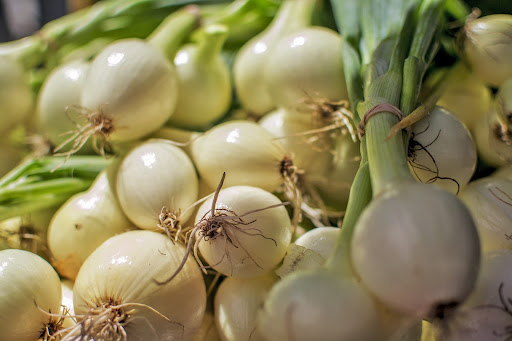
Lately, major onion shortages have been at the forefront, along with other fruit and vegetable shortages. As shortages are causing the price of onions to rise, nations are taking steps to protect their citizens’ access to these essential goods. Producers of onions in Morocco, Turkey, and Kazakhstan have all paused portions of shipments intended for export. Now that’s something to cry about (pun intended).
Real-World Consequences of the Food Crisis
As you can imagine, the global food crisis has several serious ramifications for ordinary people all over the world. These include record-high world starvation, shocking food price increases, social unrest, and food rationing in supermarkets.
Record-High World Starvation and Food Insecurity
There are now at least 205 million people plagued by food insecurity who need immediate aid, with another 140 million at risk. This is the greatest level ever recorded and twice 2016’s total.
Even developed nations like the United States are not immune to the food crisis. One-third (33%) of Coloradans, for instance, are food insecure, meaning they lack dependable access to healthy food, with families with children experiencing considerably higher rates of hunger.
Shocking Food Price Increases
Food prices went up in America by 9.9% in 2022. Food prices at home went up by 11.4%, while food prices outside of the home went up by 7.7%. All of the food price categories that ERS tracks went up by more than 5% and all of them went up faster than their average rate in the past.
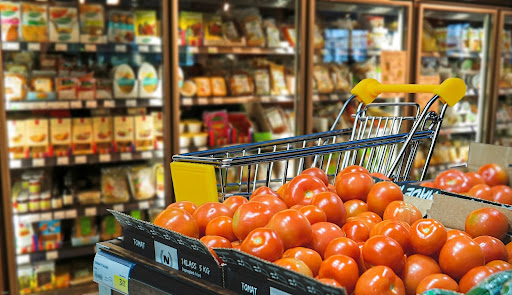
Food aid is getting more expensive, and organizations that help the poorest people in the world can’t pay for it. For example, the World Food Program (WFP) said last year that they were short $750 million.
Civil Unrest in Up to 33 Countries (According to World Bank)
Sri Lanka’s greatest economic crisis since independence is causing a severe food catastrophe, according to World Food Programme Representative and Country Director Abdur Rahim Siddiqui. The greatest financial crisis in 70 years has sparked months of demonstrations. This resulted in the storming of the capitol building.
There have been serious food riots in several nations. For instance, the Haitian government was dissolved after a series of food-related riots led to the dismissal of Prime Minister Jacques Edouard Alexis by the Senate. Rioting broke out in Haiti because the price of essential items such as rice, beans, fruit, and condensed milk had increased by 50 percent.
The surge in global food prices has the potential to spark civil upheaval in as many as 33 nations, according to the World Bank.
Rationing in British Supermarkets
ESG food regulations, mounting energy prices, inflation, supply chain challenges, and extreme weather conditions have emptied the shelves of British supermarkets.
In particular, eggs and salad components have been impacted. The implementation of quotas by supermarkets ensures that there is enough food for everyone. For instance, Morrisons has set a restriction of two per item for cucumbers, lettuce, peppers, and tomatoes. Broccoli, cauliflower, cucumbers, lettuce, peppers, raspberries, salad bags, and tomatoes are limited to three per client at Asda.
What Does This Mean For Me?
Do you have a ready supply of food for your family to consume in an emergency? If you do not, you risk facing a calamity if food shortages arise in your region or perhaps globally. In anticipation of future food shortages, the following steps can be taken:
- Stock up on long-lasting food items like cans and rice
- Grow your own food in your garden
- Raise chickens or other animals
- And more…
